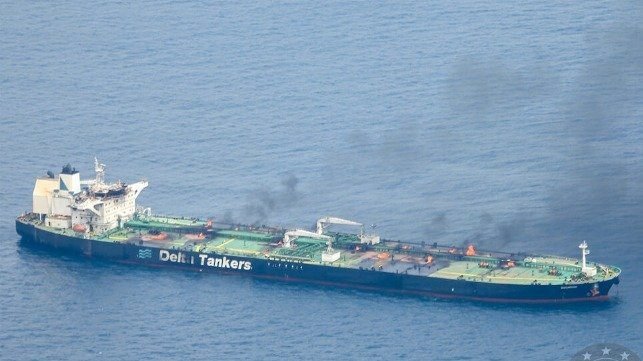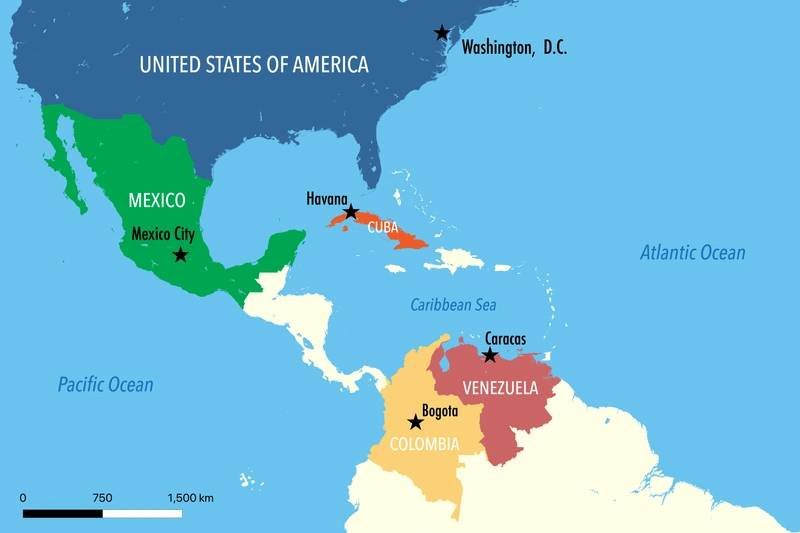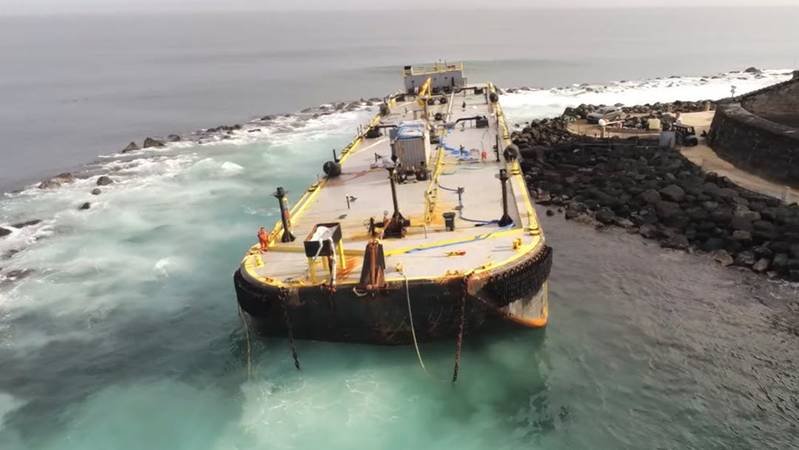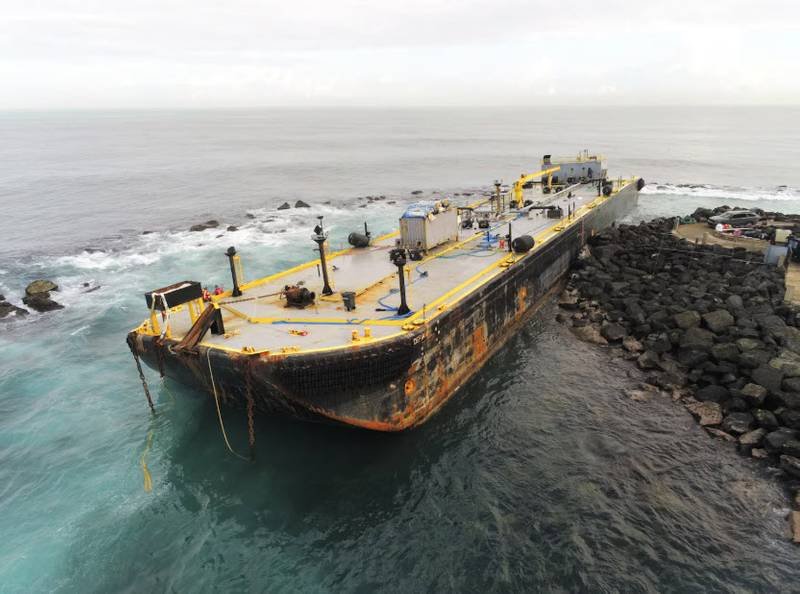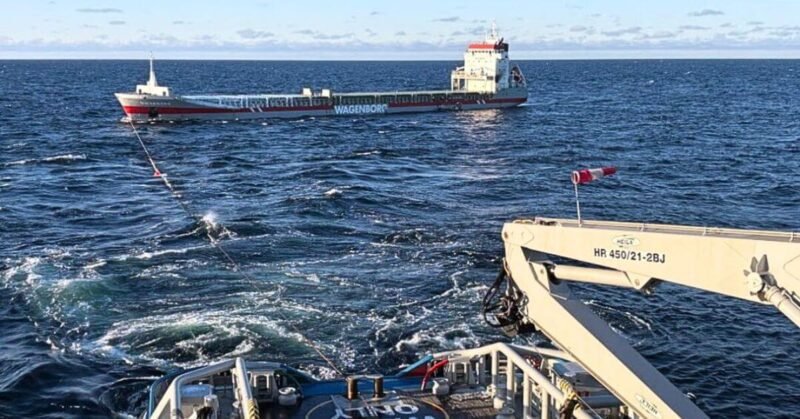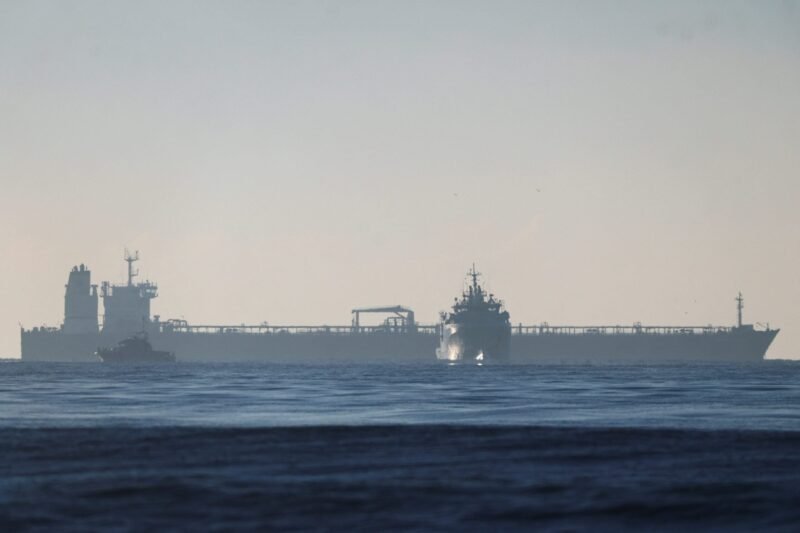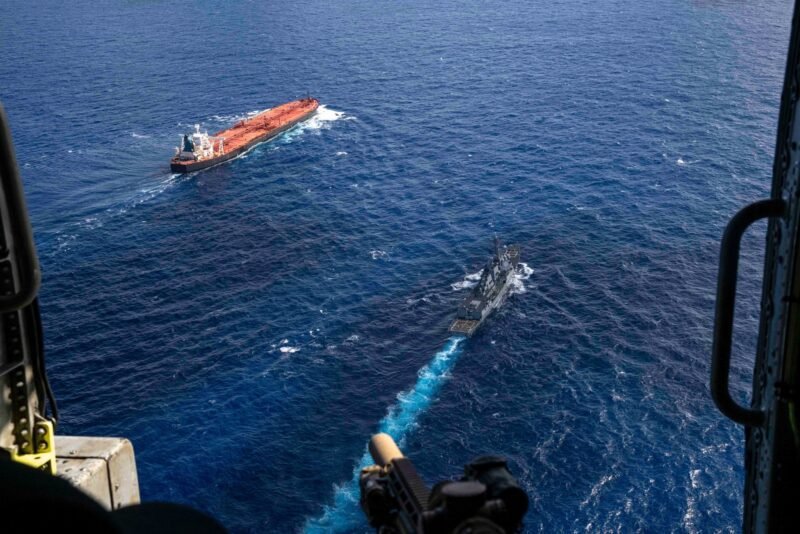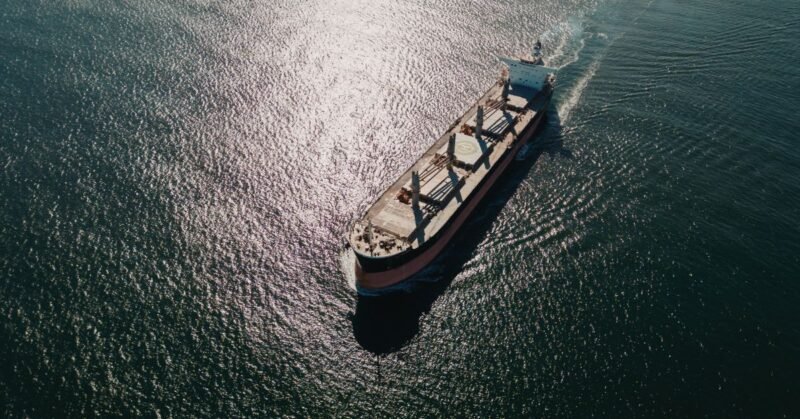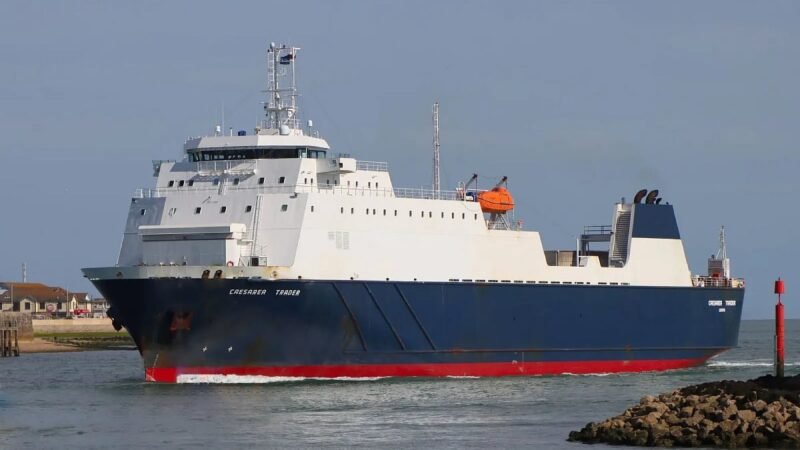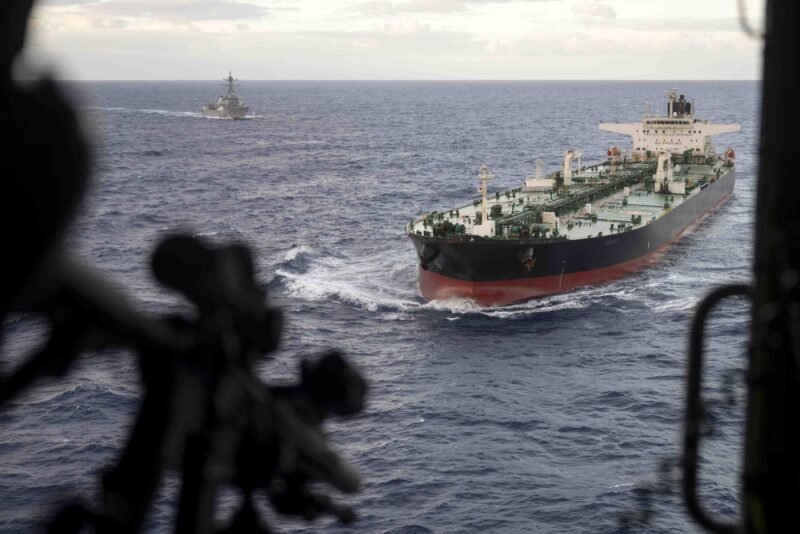More than three months after the Houthi attack on the laden tanker Sounion threatened a potential catastrophic oil spill, the damaged vessel has been successfully unloaded. The threat of the spill has been averted, but the tanker sustained heavy damage, raising concerns about the extent of the Houthi’s actions. Greek officials confirmed that the oil removal process was completed at the anchorage south of the Suez Canal, with the tanker’s operators, Delta Tankers of Greece, sending another vessel, Delta Blue, to receive the oil. The damaged Sounion may soon begin its northbound transit of the Suez Canal.
The salvage operation for the Sounion began on October 7, with a specialized team working to extinguish 18 fires set by the Houthis after the vessel was abandoned. The fires, burning for over a month, had weakened the tanker’s metal plates, making the operation more challenging. The vessel has no power following the Houthi attack in August, which damaged the engine room and navigation bridge, leaving it disabled. The salvage team had to use portable pumps due to the destruction caused by explosives set off on the vessel.
In mid-September, the Sounion was towed from the Red Sea location where it was disabled, and after the fires were put out, the Egyptians agreed to receive the vessel for further salvage operations. The Delta Blue, dispatched from Piraeus, reached the Suez Anchorage on October 29. The pumping operation to offload 150,000 tons of crude oil loaded in Iraq from the Sounion began in early November after the vessel was stabilized. Egyptian officials estimated it would take three to four weeks to complete the offloading process.


